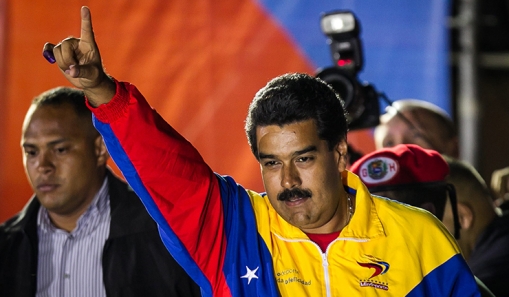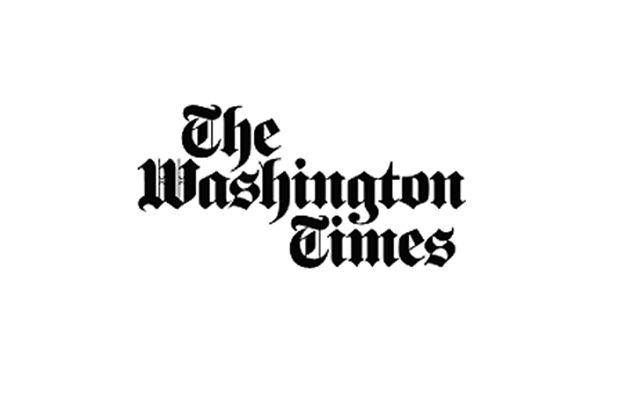
 Hugo Chavez’s political will has become a reality – his devoted associate Nicolas Maduro has been elected as the new president. The "Voice Of Russia” has interviewed several political experts about the factors that ensured Maduro’s victory and about the future course of the Bolivarian republic.
Hugo Chavez’s political will has become a reality – his devoted associate Nicolas Maduro has been elected as the new president. The "Voice Of Russia” has interviewed several political experts about the factors that ensured Maduro’s victory and about the future course of the Bolivarian republic.The leader of the United Socialist Party Nicolas Maduro, who was the acting president after Chavez’s death, won the elections by a slim margin1.5%. Despite the evident division of the Venezuelan society into two camps socialist sentiments proved to be stronger. According to Marina Vasilyeva , chairmanof theRussian CommitteeforCooperationwithLatin America, Maduro first of all owes his victory to his charismatic predecessor.
"The presidency of Hugo Chavez gave Venezuelan people the benefits they had not had before such as free education and medicine, job opportunities, social guarantees. The country’s achievements explain people’s choice. This is quite natural".
The Venezuelan peoples’ distrust to governing methods based on market-economy was another factor that contributed to Maduro’s success, editor -in- chief ofthe Latin America magazine Vladimir Travkinsays.
"The elections showed that Capriles’ electorate also backs social guarantees. Capriles stressed that it was necessary to raise the level of living, to fight crime and corruption. Maduro set the same goals. But Capriles simply proposed different methods. He proposed to attract people from business to governing the country and to bring more market economy based principles into the country’s life".
Henrique Capriles refused to recognize his defeat and insisted on vote recount. This reaction is typical for defeated candidates in every country and, according to Vladimir Travkin, there is no need to take Capriles’ statement too seriously.
"It is necessary to note that the calculation of votes works perfectly in Venezuela. The computer system is very difficult to crack, that’s makes it difficult for any party to rig the results. One more argument in favor of Maduro’s victory is a slim margin. If they wanted to rig the results they would "pump” the gap up to a greater percentage difference".
But Maduro and his team should not relax and the Venezuelan opposition will continue to enjoy the support of the US, Victor Heifits, head of the global economy and international relations department at the Institute of International business and law, says.
"The US would be happier with the victory of the opposition’s candidate but traditionally Americans never make a stake on one force. They definitely have contacts with the ruling party too. Will they continue to back Capriles? - I think they will. He showed a good potential not because according to the official reports the opposition was slightly behind the ruling party at these elections but because in comparison with the elections in October of 2012 the opposition’s support has increased by 7,000 votes".



_jpg/250px-ElbeDay1945_(NARA_ww2-121).jpg)








